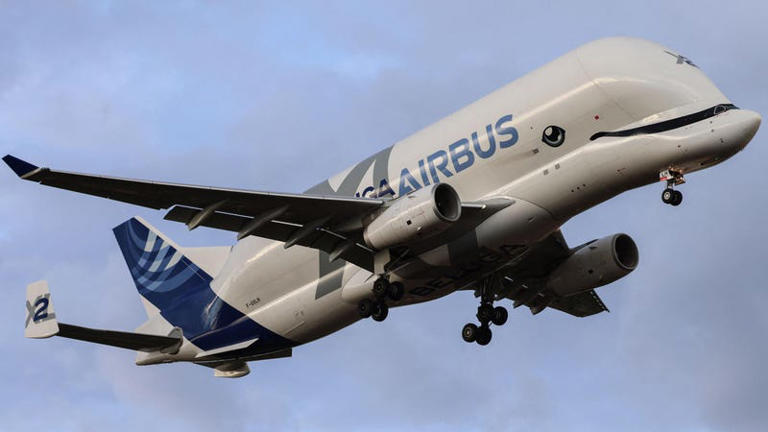Airbus may find itself in a favorable position amid the ongoing challenges faced by its American counterpart, Boeing. However, the European aircraft manufacturer remains vigilant, recognizing the potential risks it faces.
Airbus CFO Thomas Toepfer emphasized the company’s unwavering commitment to maintaining high safety and quality standards. He expressed concern over avoiding a situation similar to Boeing’s struggles with the 737 Max. Delays in production, exacerbated by incidents such as the recent 737 Max 9 door plug blowout in January, have transformed what was envisioned as Boeing’s flagship aircraft into a significant source of trouble.
Toepfer highlighted Airbus’s proactive approach, stating, “The way I would look at it is … it’s a factor that makes us even think more, how can we make sure that these things will never happen at Airbus?” This underscores Airbus’s dedication to preventing similar setbacks and ensuring the reliability and safety of its aircraft.
Despite the challenges faced by Boeing, Airbus has seen positive momentum in its stock performance. Year-to-date, Airbus stock has surged by more than 20%, contrasting sharply with Boeing’s decline of almost 28%. This disparity underscores market confidence in Airbus’s ability to navigate challenges effectively and capitalize on opportunities, positioning itself as a strong competitor in the aerospace industry.
Putting the rivalry aside
Airbus openly acknowledges the intense rivalry it faces with Boeing for contracts with commercial airlines. While Boeing historically held the lead position in this competition, Airbus has ascended to the top spot in the wake of the 737 Max crisis in 2018. Despite Airbus’s success, the company remains cognizant of Boeing’s challenges and expresses empathy for its competitor’s plight.
During an earnings call last month, Airbus emphasized the aggressive nature of the competition with Boeing for business from commercial airline companies. The company recognizes the significance of maintaining a competitive edge in the industry and understands the implications of Boeing’s struggles on the aviation sector as a whole.
Recent reports revealed that United Airlines opted to lease Airbus planes while awaiting delayed deliveries of Boeing’s 737 Max models. This decision underscores the practical impact of Boeing’s challenges on its business relationships and market position.
Thomas Toepfer, Airbus’s CFO, reiterated the company’s stance on Boeing’s difficulties, emphasizing a sense of solidarity within the industry. “We’re not happy with the issues that our competitor’s having,” he stated. “I think it’s not helpful for the industry, and if it’s not helpful for the industry, it’s not helpful for Airbus.” This sentiment reflects Airbus’s commitment to a healthy and competitive aviation sector, recognizing that the success of one company contributes to the overall well-being of the industry.
